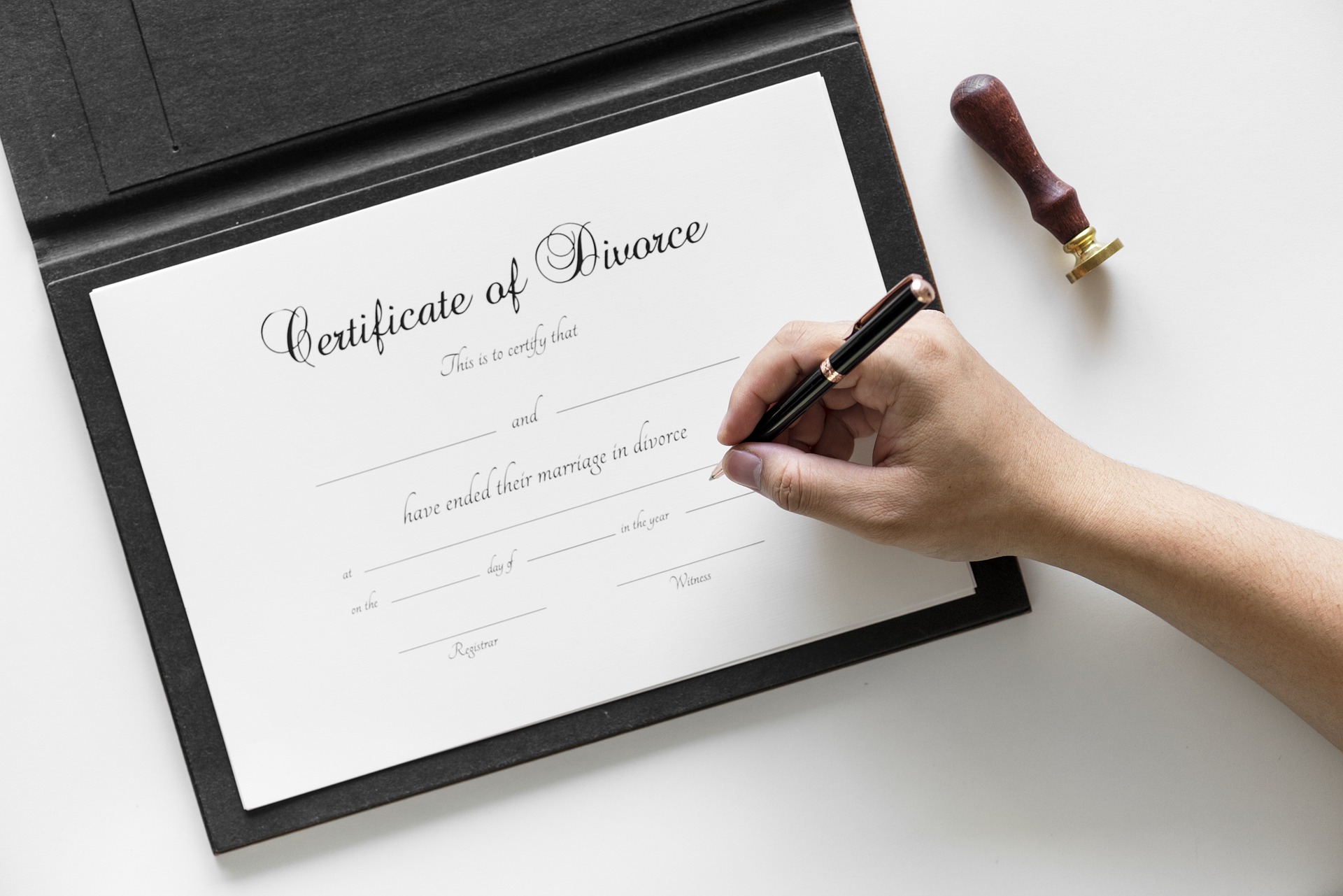
Having your privacy invaded is a terrible feeling. Having your privacy invaded during a divorce is something that no one wants to go through. Thankfully there are different routes to take that can keep your private details safe from the public eye. Read on to learn the best ways for you to keep the matters of your divorce private. Reach out to an experienced New Jersey divorce attorney today to discuss your options.
Protect Your Privacy During Divorce Through Out-of-Court Methods
It is possible to settle your divorce through an alternative divorce method outside of the court. This is a very quick and quiet route to take that will work out your marital issues by reaching a settlement outside of court. Some of these methods include arbitration, mediation, or collaborative divorce. These methods are used to guide spouses through reaching amicable decisions. Once your preferred method is successful, you will then go through the formal process of filing the divorce paperwork. It is important to note that public records of your divorce will not include privately agreed-upon times.
Utilize Temporary Agreements
Before beginning the divorce, it is possible to work with your spouse to put in place temporary agreements. Some examples of these temporary agreements include temporary custody arrangements, freezing access to marital assets until a final decision can be made, and more. Temporary agreements are meant to protect both spouses’ interests before the divorce process officially begins. These temporary agreements will take place outside of the courtroom, which means they will not become public records.
Use Your Prenuptial Agreement
A prenuptial agreement can lay out how the couple will settle their divorce so that privacy will not be violated and that they can settle quickly and quietly. You can even add to your prenup that in the case of a divorce, neither party will speak out regarding the details of your marriage and divorce.
Consider Grounds for Divorce
It is important to understand that your grounds for divorce will be included in your public court record. For example, you might cite fault grounds for reasons such as habits of intoxication, abuse, adultery, abandonment, or more. This will be public knowledge and some might feel it is an invasion of privacy for such details to be made public information. You may cite no-fault grounds instead to avoid this and claim the divorce was caused by irreconcilable differences.
Contact our Firm
If you require strong legal representation for matters of divorce and family law in New Jersey, contact The Law Offices of Paone, Zaleski & Murphy to schedule a consultation with one of our experienced attorneys today.

